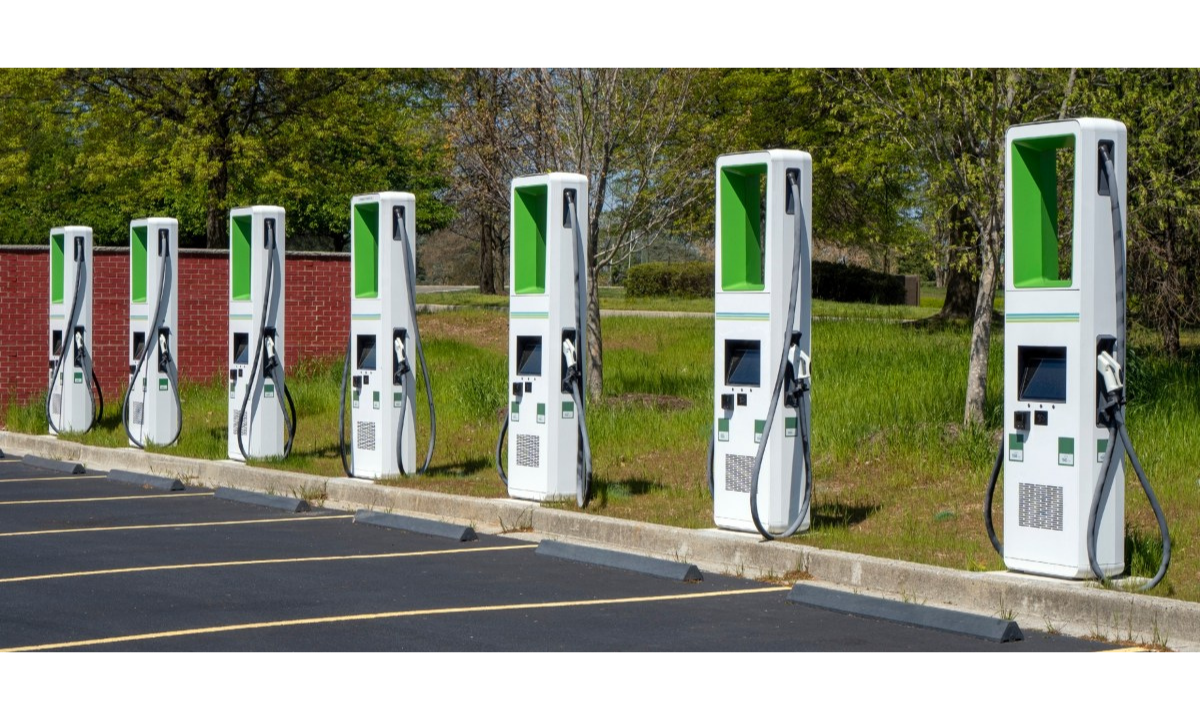Written by T. Logan Dayne
California has introduced some bold new plans in regards to its energy consumption. By the year 2035, California plans on having a complete ban on any gas powered vehicle and by 2045, Newsom wants to have a stop to any production of oil or gas. The plan is to be completely hydrocarbon free in just a couple decades. Looking past the idea of creating a ban for a future generation that the current doesn’t have to abide by, there is a more glaring problem, the lack of any plan to get there.
The age old saying “If you build it, they will come” requires work, effort, planning, and foresight. All of which seem to escape these poorly thought declarations from Newsom. A goal with no plan is much like a ship with no destination. Newsom’s plan, as many of the new green energy proposals, relies on technology that doesn’t yet exist and the further hope that these will be cheap enough for the average constituent will be able to afford. Questions emerge quickly from these modest proposals. How will all gas stations be converted to charging stations? Can the California power grid, which is already prone to failure, be able to handle such an increase in power demand? Will out of state gas powered vehicles still be allowed to enter the state? What will be the impact on the jobs of those industries that are dependent on such types of fuel?
The governor’s office remains vague on any answers to these and many more questions. If these questions are too far in the future to be answered, then is it reasonable to pass legislation for such things? Newsom seems to think yes and if he is wrong, then it is someone else’s problem. Someone else’s plan to make. Someone else’s blame should they fail and Newsom’s success should they succeed, he being the originator of such legislation. Whatever the plan is, or isn’t, it is being hidden from the public. Which is what has been expected from an administration that consistently lacks transparency, boldly participating in what is being considered political malpractice.




